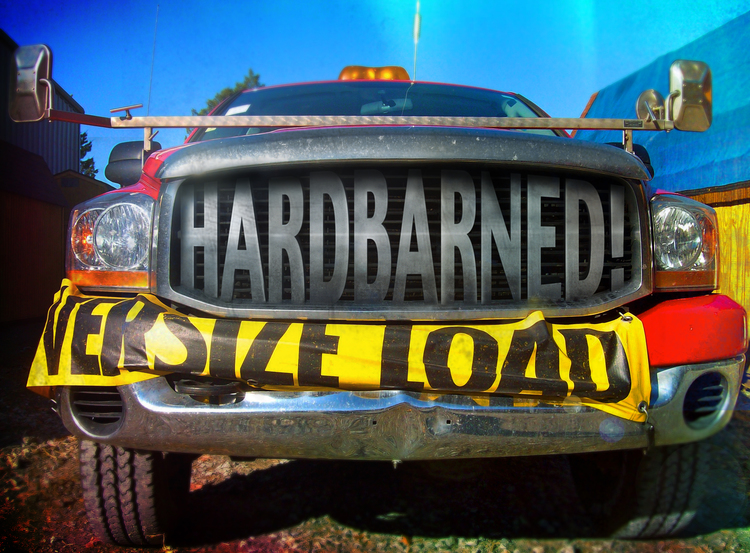Let me have war, say I. It exceeds peace as far as day does night; it’s spritely, waking, audible, and full of vent. Peace is a very apoplexy, lethargy; mulled, deaf, sleepy, insensible; a getter of more bastard children than war’s a destroyer of men.
There is war, and there is peace, and eternally trapped between them is Rome’s Caius Martius, AKA Coriolanus, a man of action uniquely equipped for soldiering and the leadership required thereof, if perhaps little else. He is a man apart, as distant from his family as he feels removed from his colleagues or even from the men who serve under him. Dedicated to a singular purpose of warfare, with no shortage of pride in his steadfast efficiency and the surgical precision of its execution, he has patience for little more.
As a general marshaling his forces against an upstart rebellion, a fanatically dedicated Coriolanus leads his troops from the front line at the tip of the spear, his face dripping with his own blood and that of his enemies, his dedication to his cause and country absolute. Outgunned and outflanked and yet unyielding in the face of superior firing positions, dwindling numbers of still-ambulatory allies and exploding eardrums, Coriolanus inspires the remnants of his platoon with his own courage, if not threats of death by his own hand, lest they choose not to follow him into what appears to be certain death.
Returning from a successful rout of the rebels with plenty of injuries to show for it, Coriolanus has no patience for the bickering politicians and REMFs who delight in ceremonial titles and the politicization of his actions upon his seemingly miraculous victory. War is hell, and he sees the celebrating of even key victories for politics and related grandstanding as the height of depravity. He is unable to mask his distaste for this requirement of his role; being paraded in front of parliament and asked to recount his deeds as entertainment is more than he can bear.
Despite both the efforts of his experienced allies in military and government leadership roles to elicit oratory performance and his own considerable elocutionary gifts, which he even denies adroitly, Coriolanus delights neither in ceremony nor speechmaking. Indeed, he resents being forced into the role, spewing vitriol in his extreme distaste for the politicization of his heroic deeds.
The demands on our recovering hero do not end in the halls of elected officials, however. In Coriolanus’s eyes, everyone wants a piece of him, and there is no peace. He is spat on in the streets by protesting citizens who see him—from a perilously, irresponsibly uninformed position, as he sees it—as a warmonger intent on oppressive violence and perpetual discord, and yet his contempt for them, despite their apparent suffering for lack of food he is in part responsible for withholding, is undisguised. Still, Shakespeare is explicit in his indictment of mob justice and the fickle nature of its shifting allegiances, and Coriolanus appears resigned to his own virtuous obstinacy, despite the pain it causes him and everyone around him.
Coriolanus sees value in the domestic and familial realms, and yet he seems unable to fully embrace the role of husband or father or address any such concerns, as everything in his life ranks far beneath the unblemished, even fanatical execution of his professional duty.
He is rendered unable to drop his guard, invite intimacy or even begin to transition into such peacetime relationships, even with those who love him most. His mother doesn’t help, as she meddles in his every decision and attempts to anticipate and manage his thinking as well as his actions, subverting even the affections of his wife and son by demanding his attention and an oppressive, almost Oedipean intimacy at his every free moment. By her singular force of will alone, she propels him into an unlikely political candidacy that will set him on a precarious run along a precipice between twin roles of politicking and soldiering, while being used by and for the people and the politicians as a literal and figurative cudgel for both, all the while.
Shooting in Belgrade, a stand-in for a modern Rome, creates an effective backdrop that appears more generically European than authentically Roman, but it’s all about the words, the performances and the action. With handheld, verite-style cinematography, our gaze is never allowed to linger very long on the urban settings; location is rendered inconsequential, and this story could take place in Brooklyn or Nashville or anywhere with city streets, apartment buildings, a public meeting hall, a subterranean basement and a run-down industrial district.
Machine guns and other modern machines of war have replaced ancient Roman swords and shields throughout the contemporary battle scenes, but knives…oh, fear not, all ye fans of knife fights. Here be knives, the most intimate of weapons for dispatching the closest of enemies!
Producing, directing and starring as Coriolanus, a role he played on stage a decade before, Ralph Fiennes, easily one of the best actors working today, provides the emotional core of the film with a moving performance as that telegraphs emotions in rapid fire glances, twitches and gestures but not without all the words…ah, the glorious words. An excellent screenplay by the talented John Logan (Gladiator, Penny Dreadful) has done as masterful job of trimming the fat and getting out of the way of Shakespeare. Excellent supporting cast include Vanessa Redgrave, Gerard Butler, Jessica Chastain, Brian Cox and James Nesbitt.
At the risk of infecting brains with more of my incessant conversation I will give thee my leave, as there is a world elsewhere, but if you are a fan of The Bard and appreciate modern adaptations, this one should be on your list.

